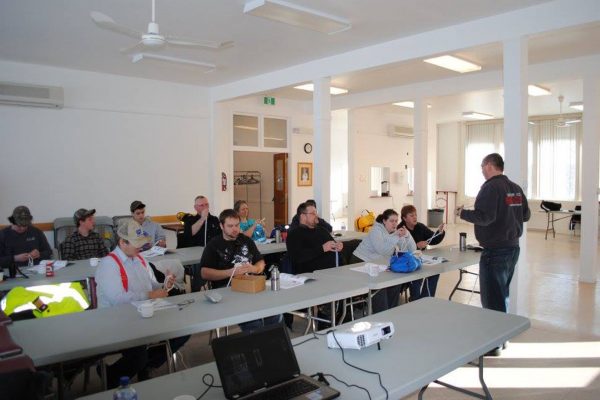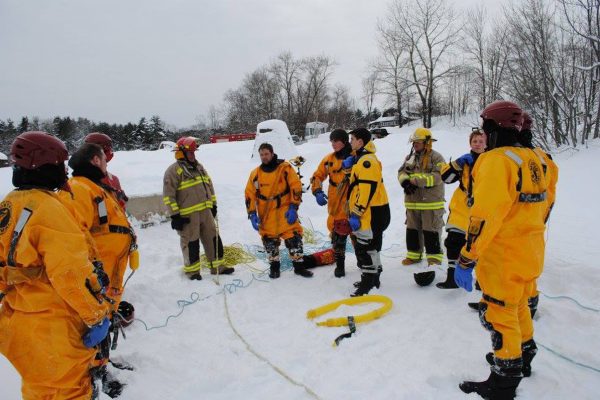Training Rationale
First and foremost, under the Canada Labour Code, there is a requirement for employers to provide the necessary equipment and relevant training to permit employees (including volunteers) to safely complete their duties as expected by the employer. This includes Fire Departments and other agencies that require their employees to carry out S.A.R. responsibilities as part of their jobs.
 If there is an expectation, then the employer is required to provide equipment and training so the employee can perform the expected task safely. Managers must realize that failing to do so could result in Criminal Charges if an incident were to occur, not to mention being held accountable under the Canada Labour
If there is an expectation, then the employer is required to provide equipment and training so the employee can perform the expected task safely. Managers must realize that failing to do so could result in Criminal Charges if an incident were to occur, not to mention being held accountable under the Canada Labour
Code.
The training TMC offers at each level is consistent with that of the RCMP and Canadian Coast Guard who have the primary responsibilities in Canadian waters for SAR and Law Enforcement.
The Provinces and Municipalities who have jurisdictions that include water systems that are used or frequented by the general public have a responsibility under the law to have an effective plan to ensure safety and therefore carry the responsibility of providing rescue services if required and must plan for this capability in order to demonstrate due diligence.
By taking TMC & Associates training that is consistent with that of Federal Agencies, an inter-operational level of ability is enhanced in the use of equipment, rescue techniques and technical language and practices are consistent. For Fire Departments be it full time or volunteer, receiving effective and regular training in boat operation and rescue techniques ensures an enhanced capability of working successfully in a partnership approach with SAR incidents no matter the magnitude. With adequate training, agencies can work together in response to a simple rescue incident or major catastrophe similar to Swiss Air, where rescue resources can be shared, be it personnel or asset based.


 If there is an expectation, then the employer is required to provide equipment and training so the employee can perform the expected task safely. Managers must realize that failing to do so could result in Criminal Charges if an incident were to occur, not to mention being held accountable under the Canada Labour
If there is an expectation, then the employer is required to provide equipment and training so the employee can perform the expected task safely. Managers must realize that failing to do so could result in Criminal Charges if an incident were to occur, not to mention being held accountable under the Canada Labour